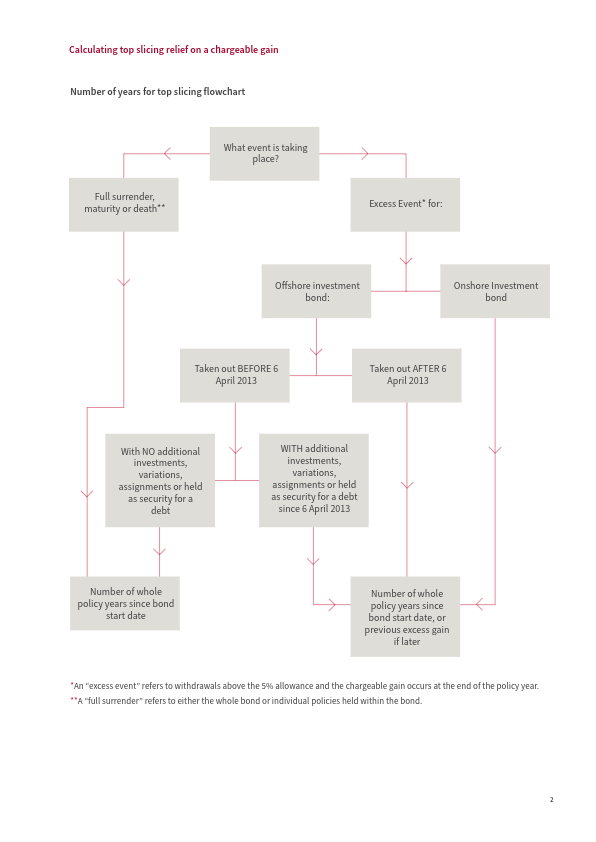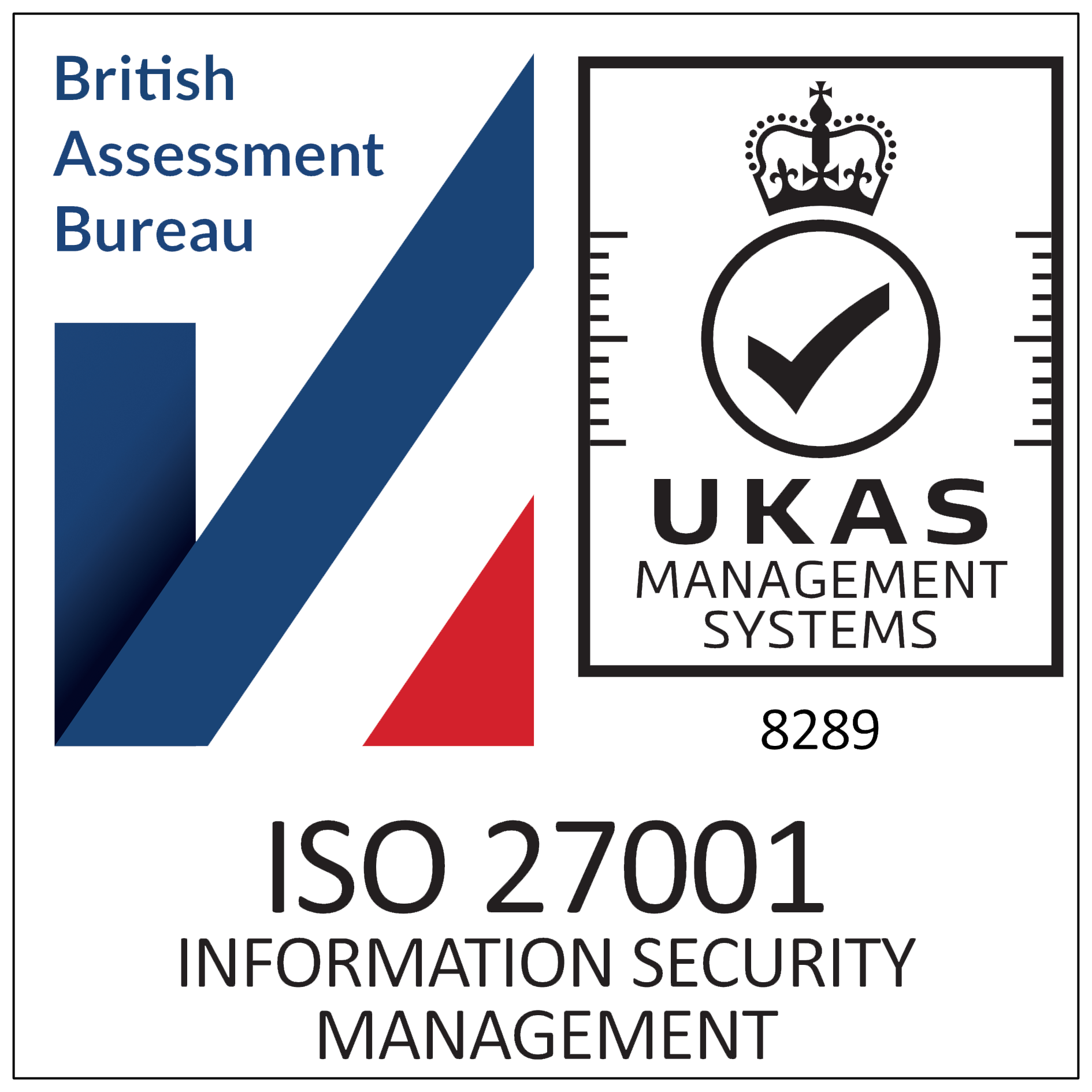With the US Presidential election drawing ever closer and nearly half of the rest of the world’s population preparing to vote in various elections, the prospect of significant domestic and international transformations becomes increasingly likely.
As a result, clients may start to look at some of the more esoteric assets as a means of diversifying their portfolios and hedging against potential volatility and inflation.
Gold
Amidst this backdrop of geopolitical uncertainty and volatility, it may be worth considering adding gold to your portfolios to balance risk mitigation with returns.
For many investors, gold is often synonymous with a safe haven, evoking a sense of security and stability in times of market uncertainty. While it does indeed provide an element of protection, it is also an effective diversifier of equities and other assets with similar equity-like returns and correlations.
Research undertaken by the World Gold Council indicates that gold tends to become more negatively correlated with equities in extreme selloffs in addition to excelling when equities perform.
According to market strategist Joseph Cavatoni (Americas at the World Gold Council), “since 1971, gold has outpaced the US and world consumer price indices (CPIs) and protects investors against high inflation. In years when inflation was between 2%-5%, gold’s price increased 8% per year on average. This number increases significantly as inflation rises above 5%.
Over the long term, gold has not just preserved capital but also helped it to grow.”
Such is its dependability; gold is now being used to collateralise the latest cryptocurrency stablecoin launched this month (June 2024) by Tether, the largest company in the cryptocurrency industry.
Cryptocurrency
Following the launch of Bitcoin over a decade ago in 2009, there are reportedly around 22,932 cryptocurrencies available today, with CoinMarketCap estimating the total market capitalisation at $1.1 trillion.
Varying from stablecoins to non-fungible tokens (NFTs), the underlying theme is the use of blockchain. Non-fungible tokens grant ownership of digital assets, including artwork, music, videos, and other online collectibles. Stablecoins, meanwhile, have a value linked to another asset’s price. For example, a stablecoin linked to the US dollar should, if functioning correctly, always be valued at $1.
Note that there is also a crucial distinction between coins and tokens. Coins, such as Bitcoin, are digital currencies operating on their own blockchain networks. In contrast, tokens are digital assets created on an existing blockchain. Tokens typically represent a tangible asset, provide access to a service, or grant the holder a specific utility and are essentially digital units that embody value or utility, distinguishing them from coins.
As mentioned, Tether, arguably the largest cryptocurrency issuer, has recently launched Tether Gold (XAUt), a token that provides ownership on a 1:1 basis of one fine troy ounce of gold in the form of physical gold bars that meet the Good Delivery standard of the London Bullion Market Association (LBMA).
Essentially, Tether Gold aims to track the value of the US dollar, using physical gold as collateral and can be traded on crypto exchanges. The idea is that if inflation continues to rise, meaning that the US dollar is worth less, the value of this alternative currency is preserved.
While there are myriad risks with cryptocurrencies in general, although the Tether Gold website claims the XAUt tokens are easily redeemable for physical gold, the bars can only be delivered to addresses in Switzerland, which may be worth bearing in mind if you ever intend to redeem your tokens.
Collateralised Loan Obligations (CLOs)
For the uninitiated, a Collateralised Loan Obligation (CLO) is a marketable security into which a bundle of loans is pooled. They are often backed by corporate loans with low credit ratings or loans taken out by private equity firms to conduct leveraged buyouts.
By investing in a CLO, investors receive regular debt payments from the underlying loans, subject to default risk. In return, they can enjoy a more diversified portfolio and potentially higher returns, making it an attractive option for those willing to take on credit risk.
After a significant decline in favourability following the global financial crisis of 2008, the last time these instruments saw such a rise in popularity was during the COVID-19 pandemic as the central banks cut borrowing rates.
However, with many borrowers showing strong performance and, with it, the ability to better service their debt, investors’ interest has been reignited.
According to data from the Bank of America, more than €22.7 billion CLOs have been issued between January and May this year (excluding any refinancing deals), in response to demand from investors in search of higher yields.
At We Complement, we believe in simplifying the complex world of investments, platforms, portfolios, capital accumulation, and decumulation. Our Investment Research & Due Diligence service is designed to provide clear, evidence-based insights to help you make informed decisions. Whether you need a new bespoke pack, including a Centralised Investment Proposition, Centralised Retirement Proposition, Platform Due Diligence, and Bespoke Portfolio or DFM Due Diligence, or wish to assess and update your current ones, our consulting team is here to support you.
Contact us today to discover how we can enhance your investment strategy and ensure your portfolios are optimally positioned for success.




